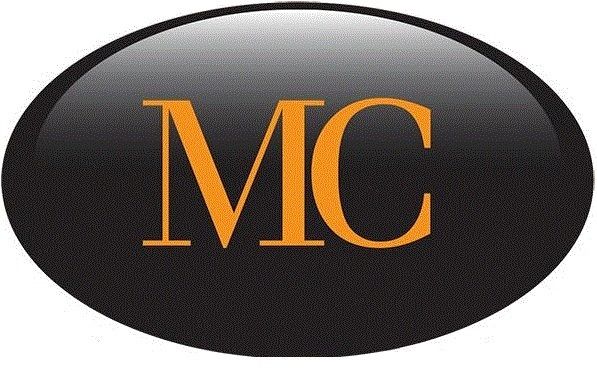Resources: Taken from the theatre, the prologue is a literary introduction to a play. Here we can use this
approach in establishing prior knowledge of a request or situation to prepare ourselves for
what is to come instead of wishing something else in our lives would happen. People go
through this mental exercise all the time, it is called delusion.
Ask yourself, are the people around you in your corner, and by what means have you
established this from their point of view?
Have you given them enough information to fully back your request?
Could you offer two or three options so they have alternatives from which to provide you with
what you want?
Were you able to include opposing points of view so should they be of that point of view, they
see you are open-minded?
Did you establish enough trust for your request to be valued?
The common denominator of all of these questions is, are you interpreting the external
influences on your ability to get things done and achieve what you want in as much of an
objective manner as possible, or are you building yourself? We must address our inner desires
to realize our objectives first before we place blame on those around us. Once again, ask
yourself, are their interests aligned with ours? Have you framed the relationship let alone the
conversation with their interest in mind? Moreover, are you respectful of their wants,
responsibilities and or reputations, in the case of referrals, so that they walk away from the
conversation feeling that they received something in return?
In the next few posts, I will draw from my reading of the Fundamentals of Interpersonal
Communication by Kim Giffin & Bobby R Patton, published by Harper & Row. I will share with
you how we all can benefit from applying some ‘prologue to our understanding of effective
communications if we but only take the time. Reframe our intent and ask as much in our own
interests and that for those we are engaged with.
Check it! Let’s chat













